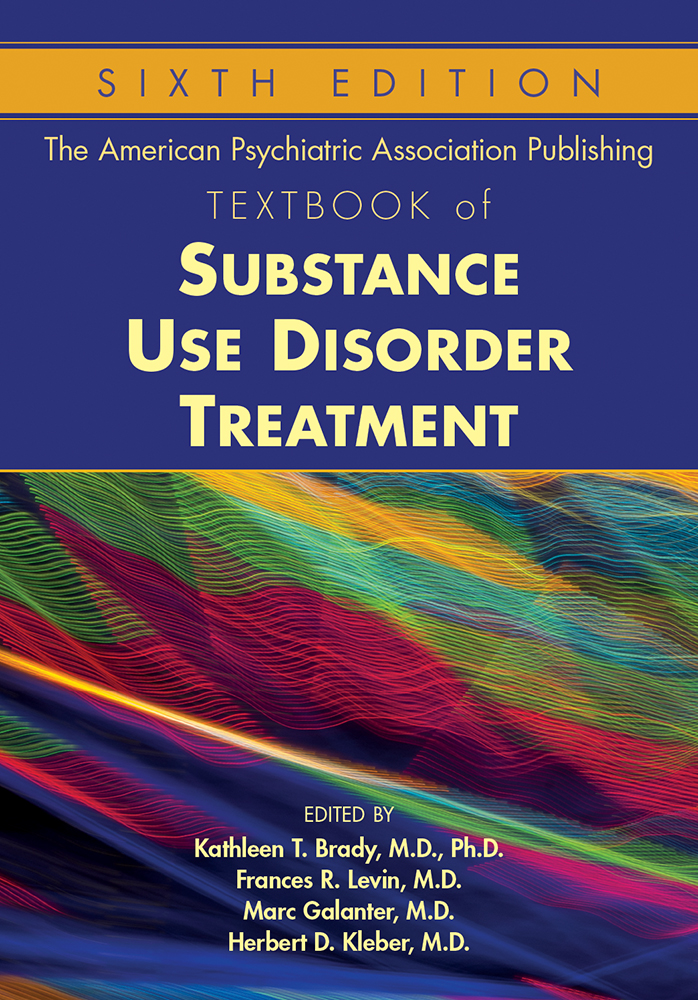Sections
Excerpt
Support for the work described in this chapter was provided by National Institute on Drug Abuse grants P50 DA09241, U10 DA15831, R01 DA 15969, and R01 DA 030369 and National Institute on Alcohol Abuse and Alcoholism grants R01 AA024122 and R21 AA 021405.
Access content
To read the fulltext, please use one of the options below to sign in or purchase access.- Personal login
- Institutional Login
- Sign in via OpenAthens
- Register for access
-
Please login/register if you wish to pair your device and check access availability.
Not a subscriber?
PsychiatryOnline subscription options offer access to the DSM-5 library, books, journals, CME, and patient resources. This all-in-one virtual library provides psychiatrists and mental health professionals with key resources for diagnosis, treatment, research, and professional development.
Need more help? PsychiatryOnline Customer Service may be reached by emailing [email protected] or by calling 800-368-5777 (in the U.S.) or 703-907-7322 (outside the U.S.).



